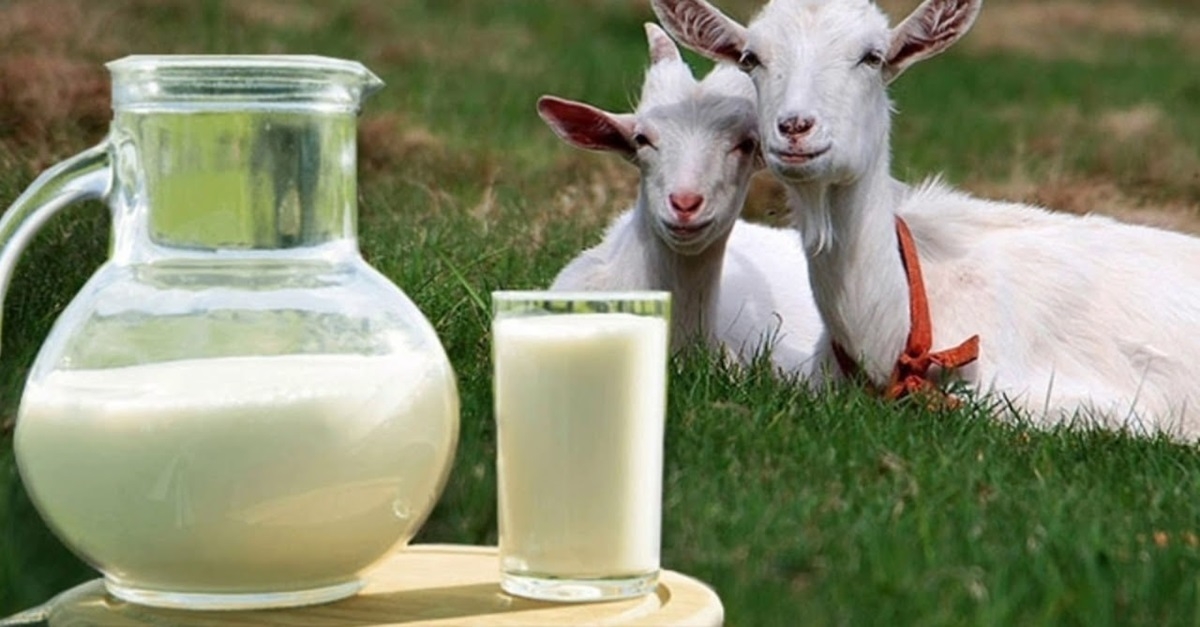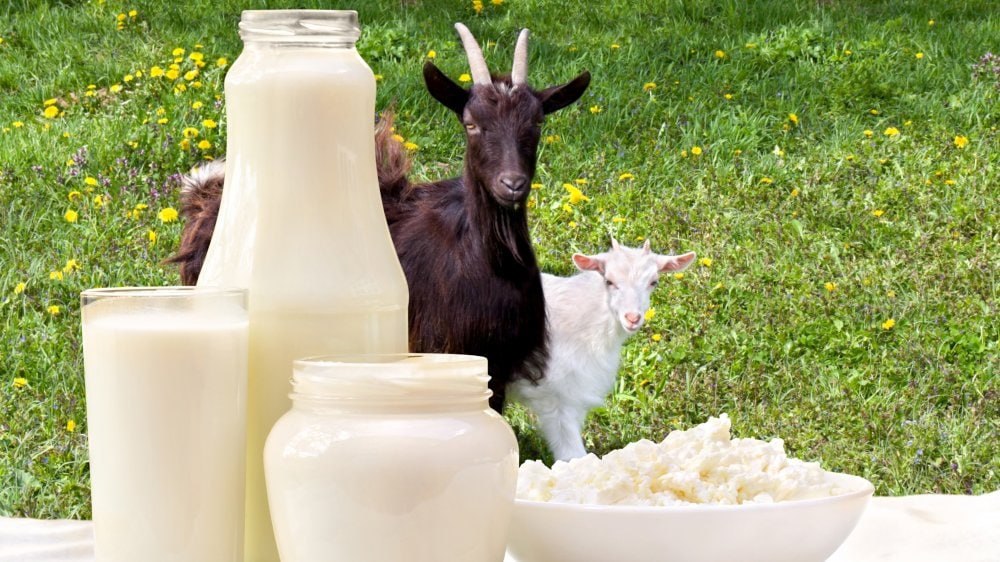Is goat's milk better than cow's milk?

Goat milk accounts for 2.6 percent of global milk production. In some countries, almost all dairy products are made from goat's milk: 85.0% of cheese produced in Greece, 67.3% of yogurt and cheese are made from sheep and goat's milk.
Goat milk is a natural dietary product with high nutritional value and healing properties.
Some nutrients in goat milk are significantly higher compared to cow milk: 1.5 times more vitamin A, 2.0 times more ascorbic acid, 6.0 times more B vitamins. According to world scientists, goat milk is chemically the composition is close to the maternal one. Its composition is rich in valuable substances such as calcium, magnesium, iron, manganese, potassium. Goat milk is effective in the treatment of rickets, liver diseases, pulmonary tuberculosis, and allergic diseases. Due to the high alkalinity of goat milk, it is a good remedy for patients with excess stomach acid. This product contains the enzyme lysozyme, which destroys bacteria, relieves inflammation of the intestinal and stomach mucosa, and effectively heals small wounds.
Drinking goat milk is beneficial for eczema, itching, asthma and various allergic diseases. Patients with diabetes are often advised to drink goat's milk. The reason is that it does not contain glucose and is low in calories.
Goat's milk is used in folk medicine to relieve joint pain, remove gallstones, promote sleep, and prevent stress, depression and neuroses. Patients suffering from diseases associated with the nervous system are recommended to drink more goat milk.
Goat milk should only be consumed after preparation. You can make chakka and kurut from it. Ayran also prevents hepatitis. When consumed with sugar, it cleanses the skin. Milk contains a lot of vitamin D and calcium, so regular consumption can significantly reduce the risk of bone fractures and prevent rickets and its severe consequences.

Zainiddin Rajamurodov, professor
Bakhriddin Bozorov, associate professor
Institute of Biochemistry SamSU

